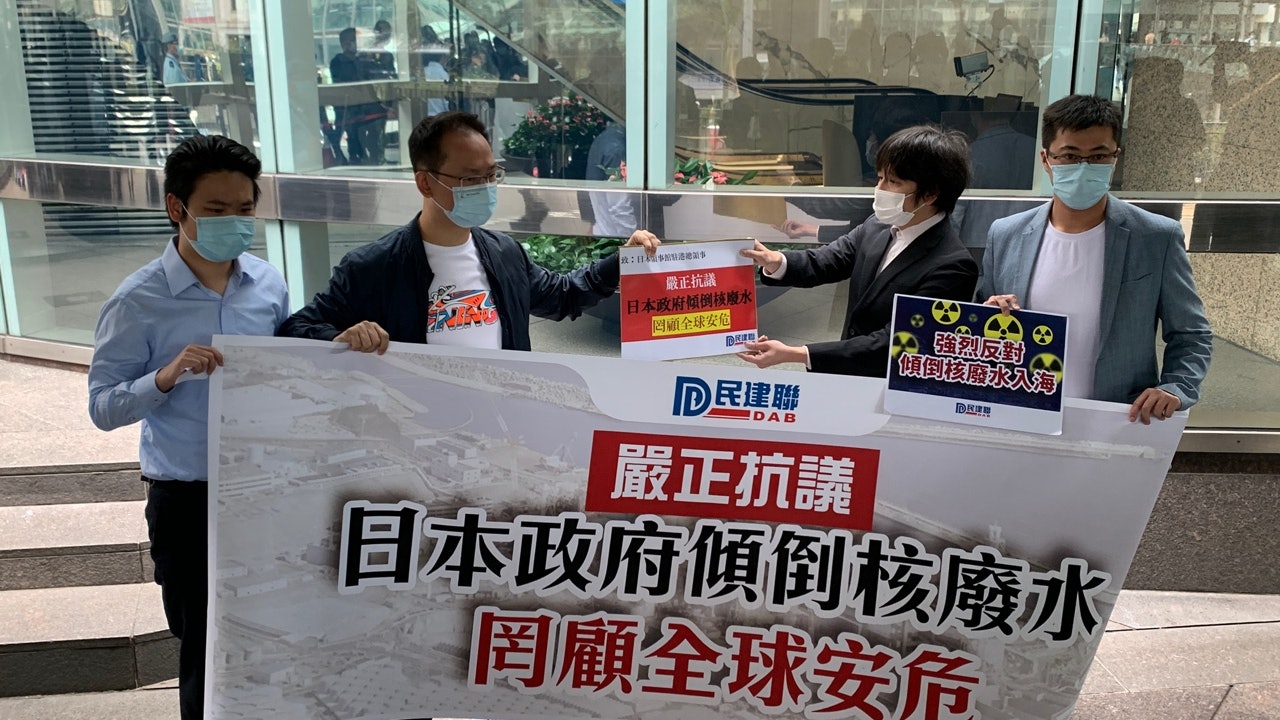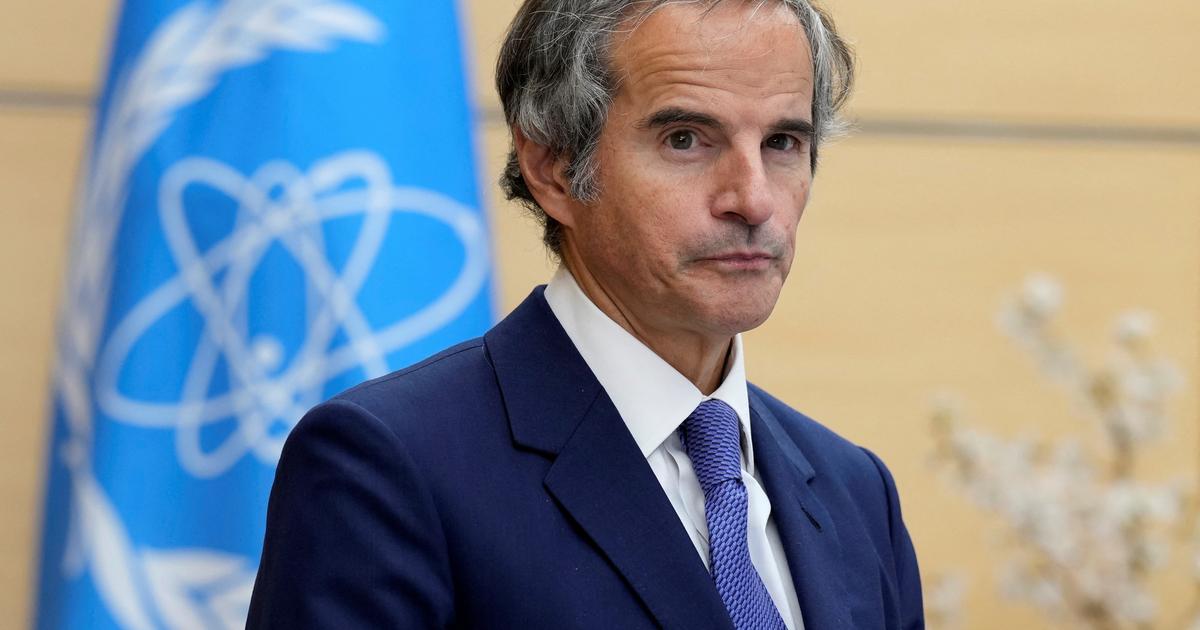Political situation
Written by: Peng Zhuowei
2021-04-20 12:22
Last update date: 2021-04-20 12:23
Since the 311 earthquake in East Japan, the Fukushima Daiichi Nuclear Power Plant in Japan has continuously produced tritium-containing nuclear waste water due to the accumulation of rainwater and groundwater. The storage containers built by the authorities will reach the upper limit in 2022.
The Japanese government stated earlier that it has basically decided to discharge the tritium-containing nuclear waste water stored in the Fukushima nuclear power plant into the sea.
The DAB petitioned the Japanese Consulate General in Hong Kong today (20th), expressing its strong opposition to the Japanese approach and urging the Japanese government to suspend the dumping of nuclear waste water into the Pacific Ocean, criticizing this approach as directly undermining global marine ecological health and food safety.
Yan Wenyu calls on the Hong Kong government to negotiate with the Mainland and Japan
Yan Wenyu, Deputy Secretary-General of the Democratic Alliance for the Betterment of China, said that in recent days, various regional offices and hotlines have received many people's concerns about nuclear waste water incidents, and they believe that the Japanese government should discuss with neighboring countries how to deal with the incident.
Yan Wenyu criticized the U.S. government’s support for Japan’s approach as irresponsible because Japan’s neighboring countries have expressed concern about the relevant practices. He believes that in a globalized society, the country can no longer only care about its own interests. He urged the U.S. The government handles the incident together.
Yan Wenyu also hopes that the Hong Kong government can negotiate with the Mainland and Japan and assess the impact of this incident on Hong Kong. Other members of the party will also discuss with the government how to deal with the incident.
As to whether the public will be immediately called on to stop eating Japanese seafood, Yan Wenyu hopes that the public will pay more attention to the place of origin of the food and the state of the Japanese government. He also asked the government and the Food Safety Center to explain the incident to the public.
Vice Chairman Chen Xuefeng of the DAB requested that the government should strengthen food from Japan to ensure compliance with safety standards.
Japan’s Nuclear Wastewater|South Korea: No objection to Japan’s discharge into the sea in compliance with the International Atomic Energy Agency
Japan's nuclear waste water | Pig bones are effective in absorbing radioactive materials, and they develop new technologies to recycle nuclear waste
Japanese nuclear wastewater | Chinese side: Nuclear wastewater is essentially different from normal liquid effluent from nuclear power plants
01News
Japan DAB









